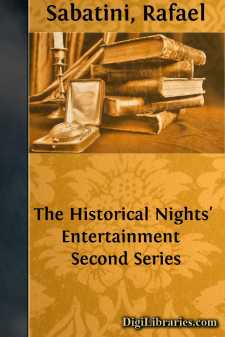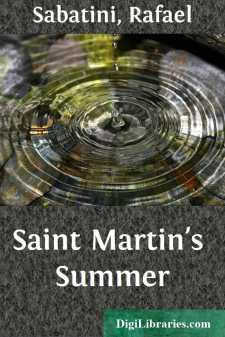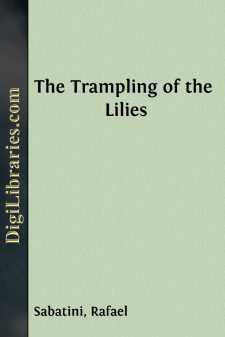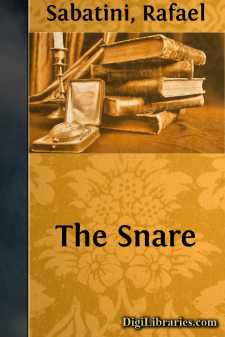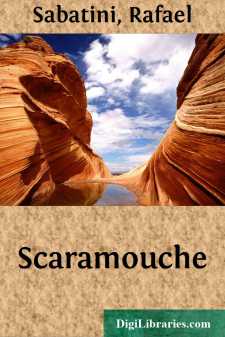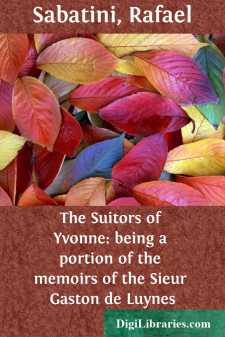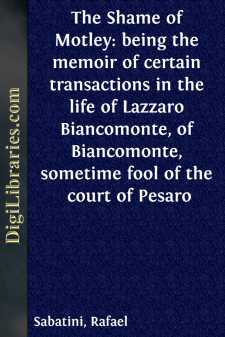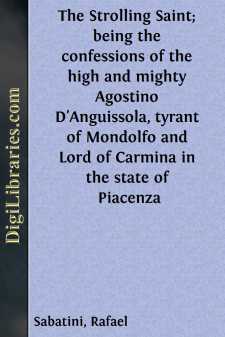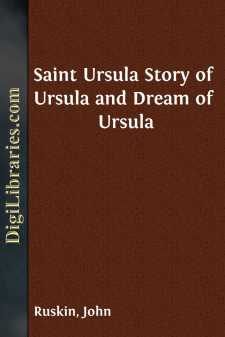Categories
- Antiques & Collectibles 13
- Architecture 36
- Art 48
- Bibles 22
- Biography & Autobiography 813
- Body, Mind & Spirit 142
- Business & Economics 28
- Children's Books 17
- Children's Fiction 14
- Computers 4
- Cooking 94
- Crafts & Hobbies 4
- Drama 346
- Education 46
- Family & Relationships 57
- Fiction 11829
- Games 19
- Gardening 17
- Health & Fitness 34
- History 1377
- House & Home 1
- Humor 147
- Juvenile Fiction 1873
- Juvenile Nonfiction 202
- Language Arts & Disciplines 88
- Law 16
- Literary Collections 686
- Literary Criticism 179
- Mathematics 13
- Medical 41
- Music 40
- Nature 179
- Non-Classifiable 1768
- Performing Arts 7
- Periodicals 1453
- Philosophy 64
- Photography 2
- Poetry 896
- Political Science 203
- Psychology 42
- Reference 154
- Religion 513
- Science 126
- Self-Help 84
- Social Science 81
- Sports & Recreation 34
- Study Aids 3
- Technology & Engineering 59
- Transportation 23
- Travel 463
- True Crime 29
The Historical Nights' Entertainment Second Series
by: Rafael Sabatini
Description:
Excerpt
Preface
The kindly reception accorded to the first volume of the Historical Nights Entertainment, issued in December of 1917, has encouraged me to prepare the second series here assembled.
As in the case of the narratives that made up the first volume, I set out again with the same ambitious aim of adhering scrupulously in every instance to actual, recorded facts; and once again I find it desirable at the outset to reveal how far the achievement may have fallen short of the admitted aim.
On the whole, I have to confess to having allowed myself perhaps a wider latitude, and to having taken greater liberties than was the case with the essays constituting the previous collection. This, however, applies, where applicable, to the parts rather than to the whole.
The only entirely apocryphal narrative here included is the first—"The Absolution." This is one of those stories which, if resting upon no sufficient authority to compel its acceptance, will, nevertheless, resist all attempts at final refutation, having its roots at least in the soil of fact. It is given in the rather discredited Portuguese chronicles of Acenheiro, and finds place, more or less as related here, in Duarte Galvao's "Chronicle of Affonso Henriques," whence it was taken by the Portuguese historical writer, Alexandre Herculano, to be included in his "Lendas e Narrativas." If it is to be relegated to the Limbo of the ben trovato, at least I esteem it to afford us a precious glimpse of the naive spirit of the age in which it is set, and find in that my justification for including it.
The next to require apology is "His Insolence of Buckingham," but only in so far as the incident of the diamond studs is concerned. The remainder of the narrative, the character of Buckingham, the details of his embassy to Paris, and the particulars of his audacious courtship of Anne of Austria, rest upon unassailable evidence. I would have omitted the very apocryphal incident of the studs, but that I considered it of peculiar interest as revealing the source of the main theme of one of the most famous historical romances ever written—"The Three Musketeers." I give the story as related by La Rochefoucauld in his "Memoirs," whence Alexandre Dumas culled it that he might turn it to such excellent romantic account. In La Rochefoucauld's narrative it is the painter Gerbier who, in a far less heroic manner, plays the part assigned by Dumas to d'Artagnan, and it is the Countess of Carlisle who carries out the political theft which Dumas attributes to Milady. For the rest, I do not invite you to attach undue credit to it, which is not, however, to say that I account it wholly false.
In the case of "The Hermosa Fembra" I confess to having blended together into one single narrative two historical episodes closely connected in time and place. Susan's daughter was, in fact, herself the betrayer of her father, and it was in penitence for that unnatural act that she desired her skull to be exhibited as I describe. Into the story of Susan's daughter I have woven that of another New-Christian girl, who, like the Hermosa Fembra, her taken a Castilian lover—in this case a youth of the house of Guzman....


